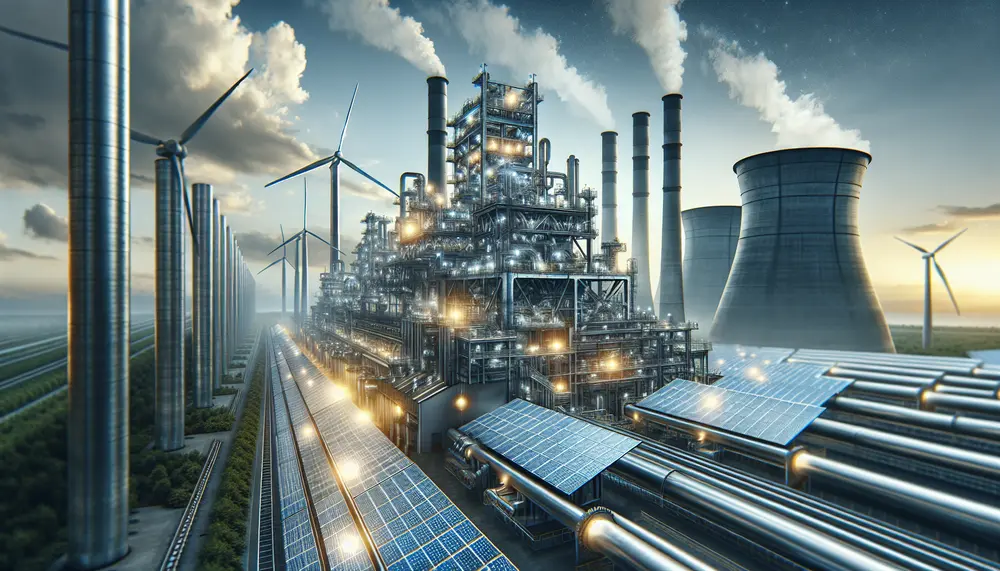Purchasing
Purchasing
Einführung in Purchasing
Das Purchasing oder auch der Einkauf spielt eine bedeutende Rolle im Bereich der Stahlproduktion und Stahlhandel. Es bezeichnet die Prozesse und Tätigkeiten, die mit dem Erwerb von Waren und Dienstleistungen verbunden sind. Speziell in der Stahlindustrie umfasst dies alles, von dem Kauf von Rohstoffen wie Eisenerz, Kohle sowie Schrott bis hin zu benötigten Wartungsarbeiten.
Warum ist Purchasing wichtig?
Das richtige Purchasing ist entscheidend, denn Stahlunternehmen sind stark von den Preisen für Rohstoffe abhängig. Es sichert nicht nur den Rohstofffluss und damit den Produktionsprozess, sondern trägt auch dazu bei, Kosten zu kontrollieren und Ausgaben zu optimieren.
Aspekte des Purchasings
Purchasing in der Stahlbranche ist nicht nur ein einfacher Kaufprozess. Es umfasst eine ganze Reihe von Aktivitäten wie: Marktforschung, Auswahl von Lieferanten, Verhandlung von Preisen und Verträgen, Bestandskontrolle und Management von Zulieferern. All diese Aktivitäten erfordern Kenntnisse und Fähigkeiten in Verhandlung, Organisationsmanagement und Supply-Chain-Management.
Purchasing und Stahlhandel
Im Stahlhandel ist Purchasing eine Kernaktivität. Händler übernehmen eine wichtige Rolle in der Lieferkette, indem sie Stahlprodukte von Produzenten kaufen und dann an Endverbraucher weiterverkaufen. Ihr Erfolg hängt neben anderen Faktoren stark vom geschickten Einkauf ab. Sie müssen die Markttrends sorgfältig beobachten und flexible Kaufentscheidungen treffen, um das Geschäftsrisiko zu minimieren und Profit zu maximieren.
Abschlussworte
Zusammenfassend lässt sich sagen, dass Purchasing ein unverzichtbarer Schritt in der Stahlproduktion und im Stahlhandel ist. Ein effizientes Purchasing-Management kann dazu führen, dass Unternehmen trotz marktwirtschaftlichen Schwankungen stabil und wettbewerbsfähig bleiben.
Blog Posts with the term: Purchasing
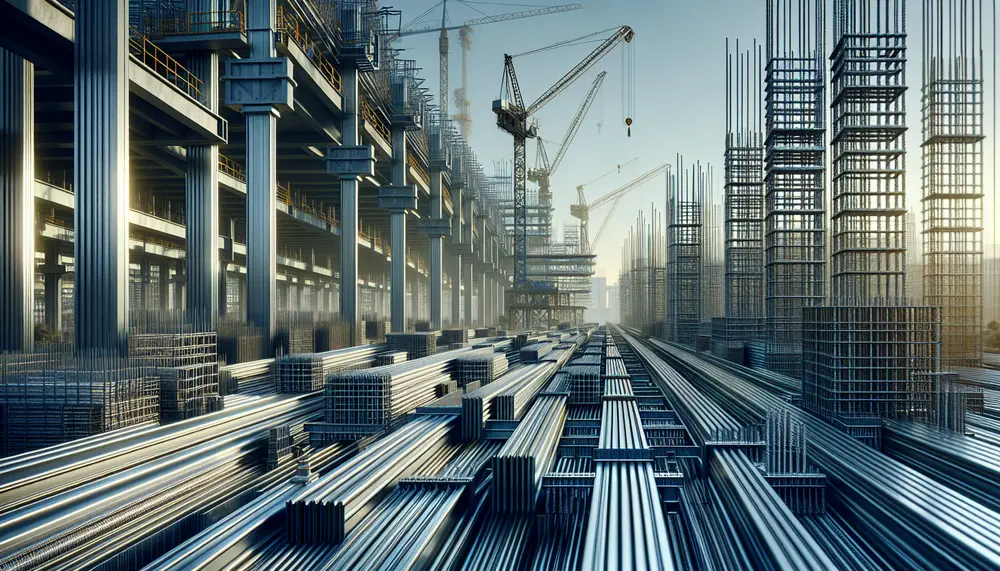
The steel industry in Uganda is vital to its construction sector, supplying materials for infrastructure and buildings with a network of manufacturers, traders, suppliers, and regulators. Steel production meets local demand and exports; understanding the industry involves factors like raw...
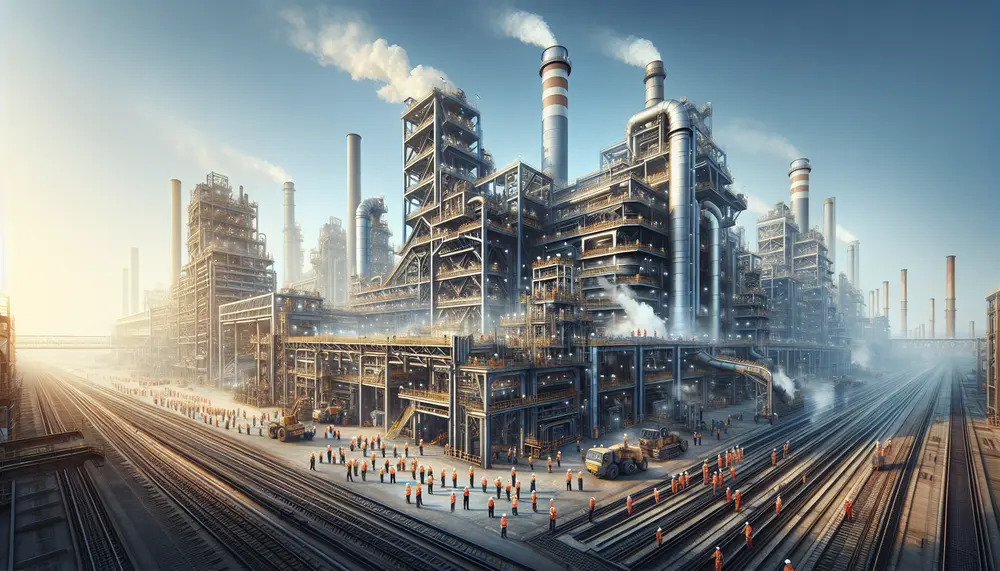
India's steel industry utilizes rich iron ore resources and advanced technology, adopting innovative methods like automation for efficient production. Government policies support sustainable practices in this key economic sector that drives growth and employment....
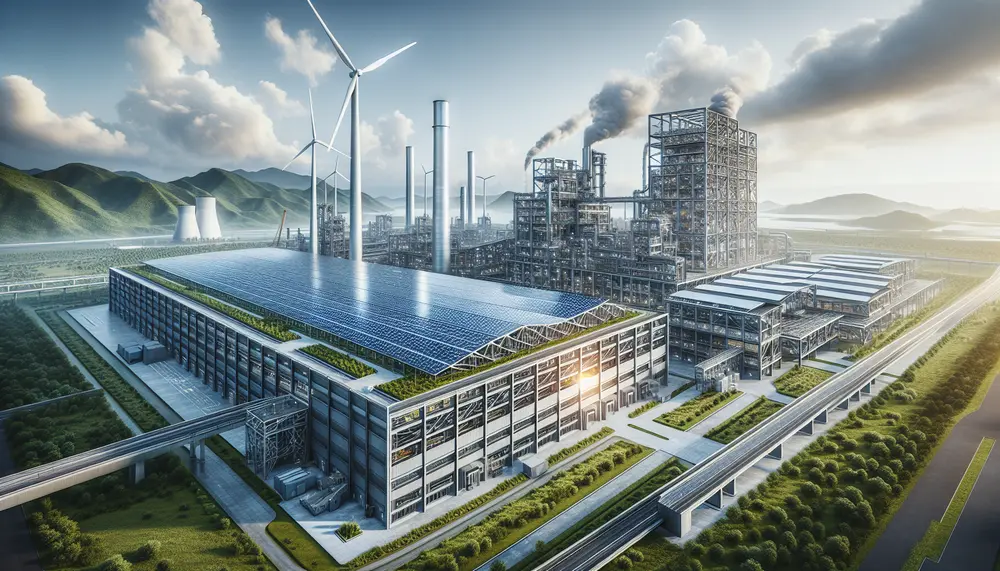
Sustainable steel production aims to minimize environmental impact through energy conservation, increased recycling, and innovative technologies like electric arc furnaces and hydrogen use. The industry faces challenges such as high energy consumption and carbon emissions but is exploring eco-friendly innovations...
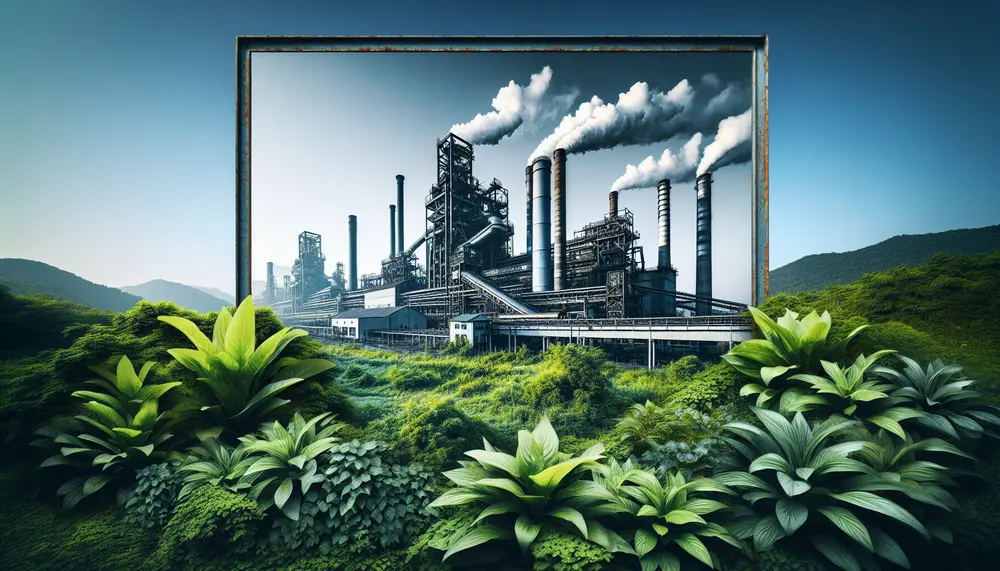
Steelmaking is a major contributor to global CO2 emissions due to the energy-intensive processes and chemical reactions involved in converting iron ore into steel. Efforts to reduce its carbon footprint include improving efficiency, transitioning to renewable energies, and adopting new...
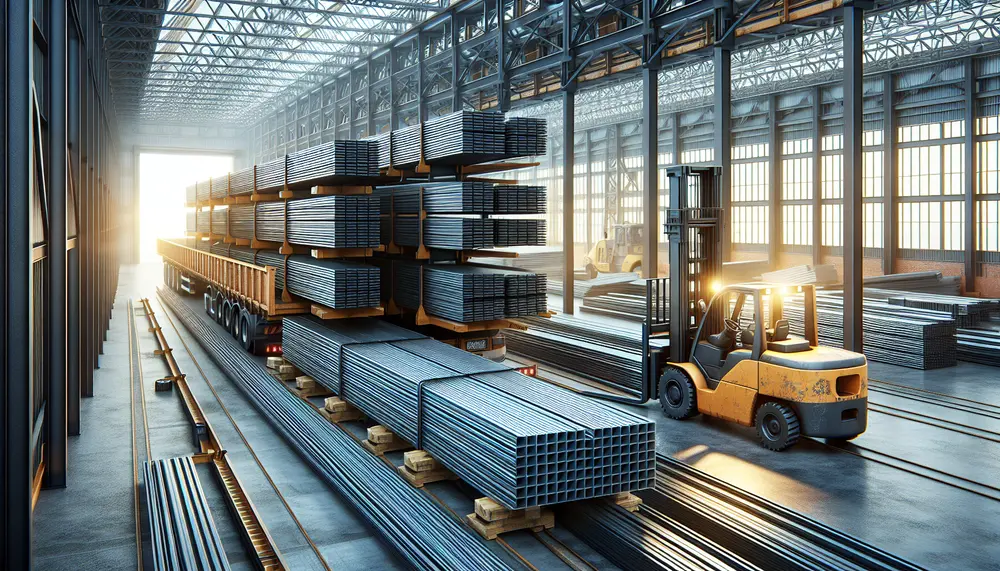
Steel products trading involves buying and selling various steel types, influenced by factors like global demand and economic health; understanding product types, market participants, and logistics is key. Market research in this field is crucial for strategic decisions, competitive strategy,...
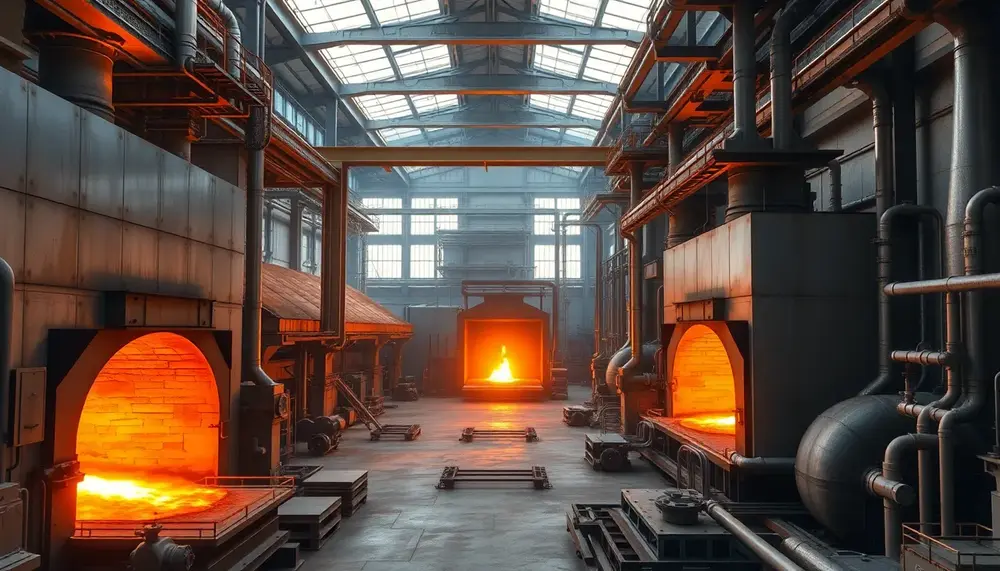
Process gases like blast furnace gas, coke gas, and converter gas play a crucial role in steel manufacturing by enhancing energy efficiency, reducing costs, and supporting sustainability. These gases are repurposed for power generation, industrial processes, and emission reduction efforts...
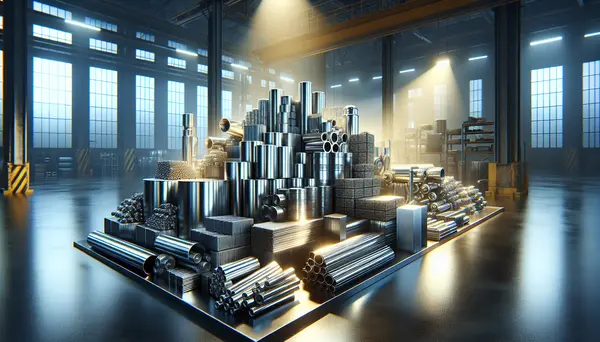
The price of steel products is influenced by factors such as the quality of the steel, production costs, market demand and supply, and import/export taxes. Understanding these elements can help consumers make informed buying decisions....
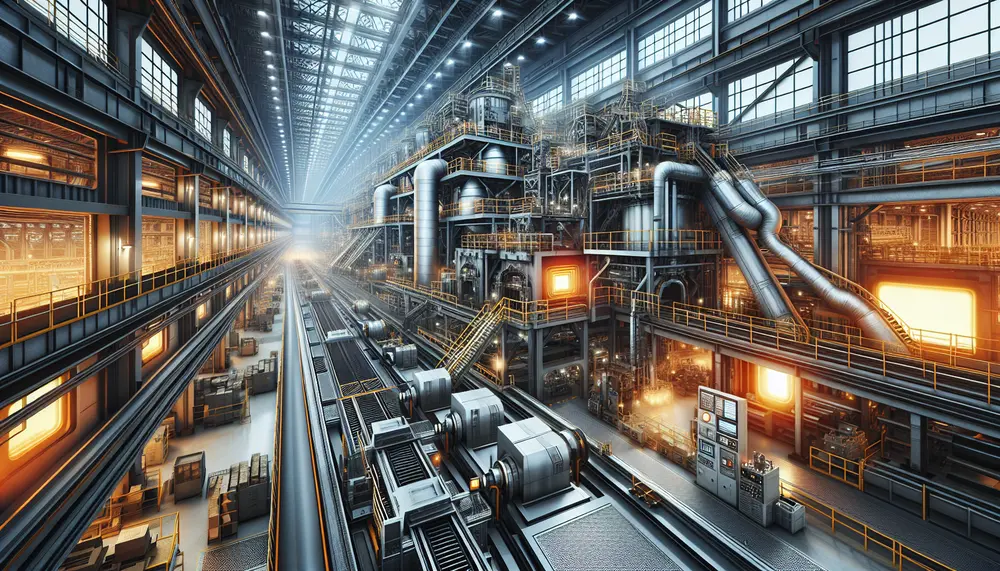
Advanced machinery has revolutionized steel production by increasing precision, speed, and control in processes like melting and shaping metals. Automation and digital controls have improved safety, quality consistency, and operational efficiency through data analysis. The evolution of steel production machinery from...
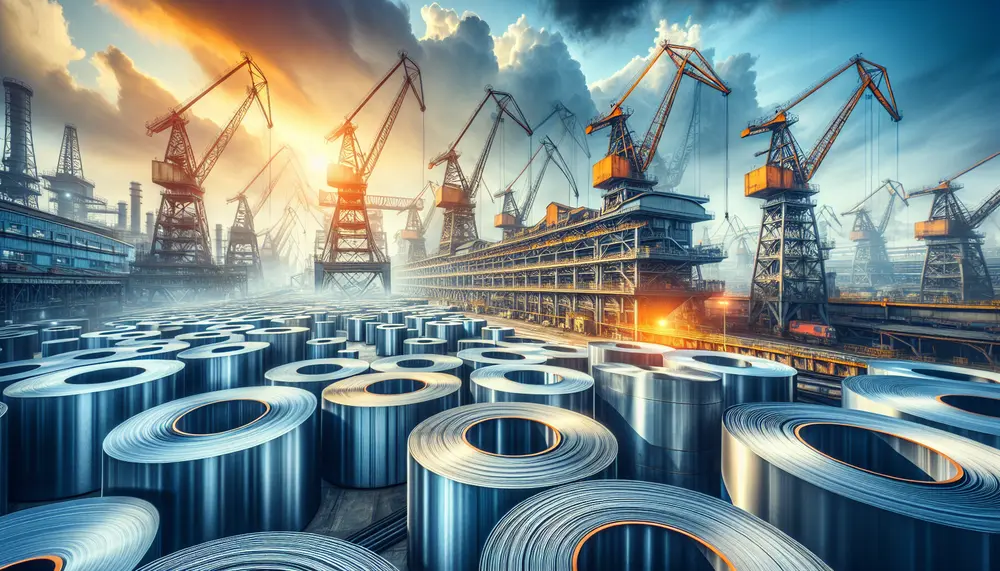
Forecasting steel production is crucial for planning in industries and governments, involving analysis of economic indicators, market trends, and geopolitical factors to predict future output. Accurate forecasts are vital as they inform decision-making processes across various sectors by anticipating supply-demand...
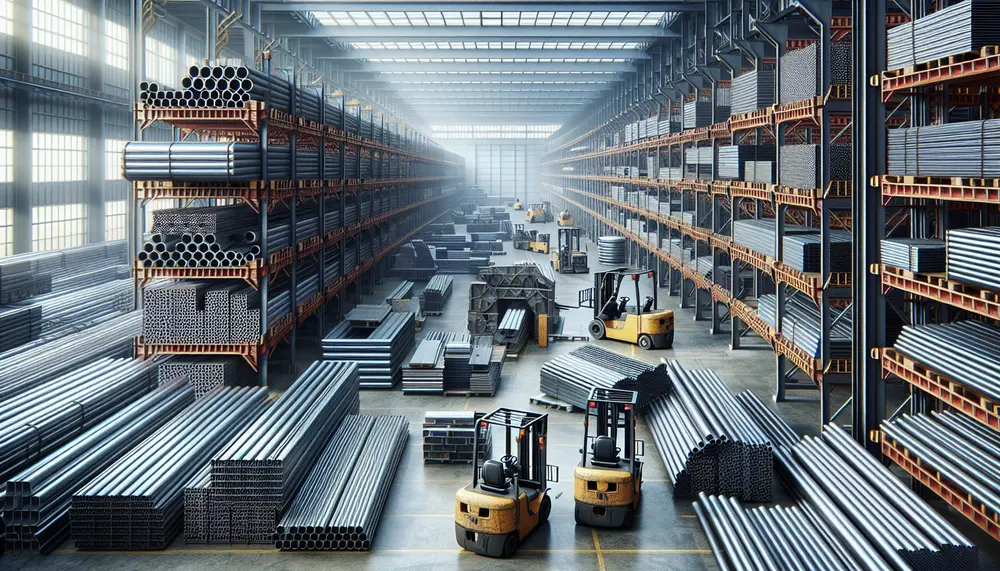
Steel exchange products provide digital marketplaces for buying, selling, and trading steel commodities, connecting producers with end-users to align supply and demand. These platforms enhance industry efficiency by offering real-time pricing, a wide range of products, secure transactions, and valuable...
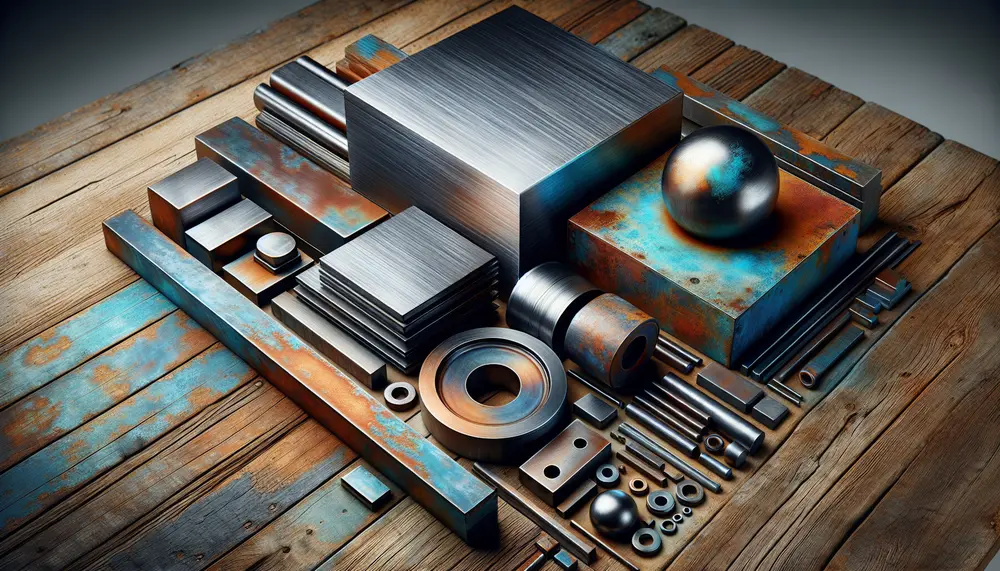
Steel patina products offer a range of artistic and protective finishes for metalwork, allowing customization through various colors and textures. Understanding the properties of different patinas is crucial to achieving desired effects in both art and industrial applications, merging aesthetics...
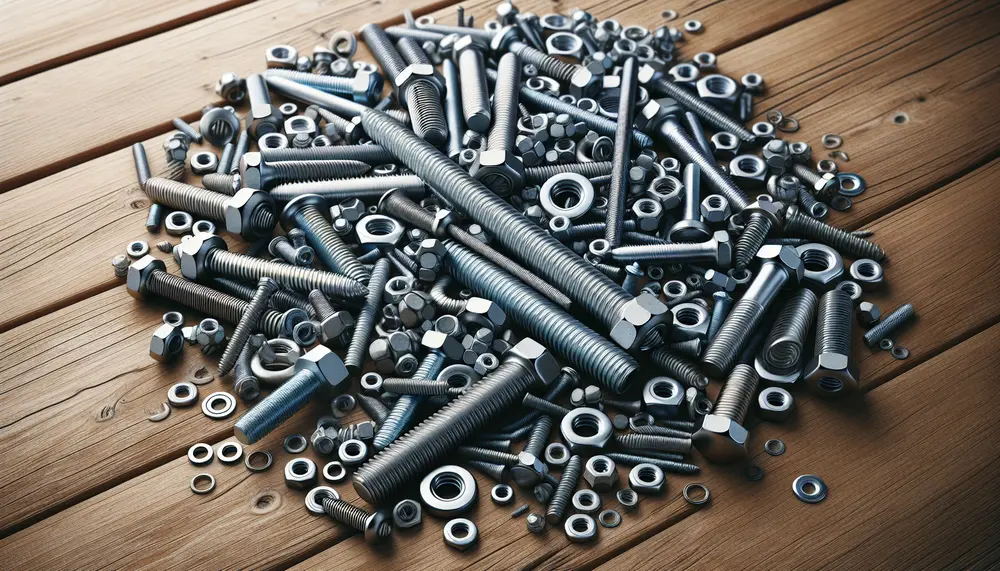
Steel hardware products, including bolts, screws, and fasteners made from various steel grades, are crucial for construction durability and reliability. When selecting these items for projects, factors like tensile strength, corrosion resistance finishes (e.g., galvanization), environmental suitability, and adherence to...
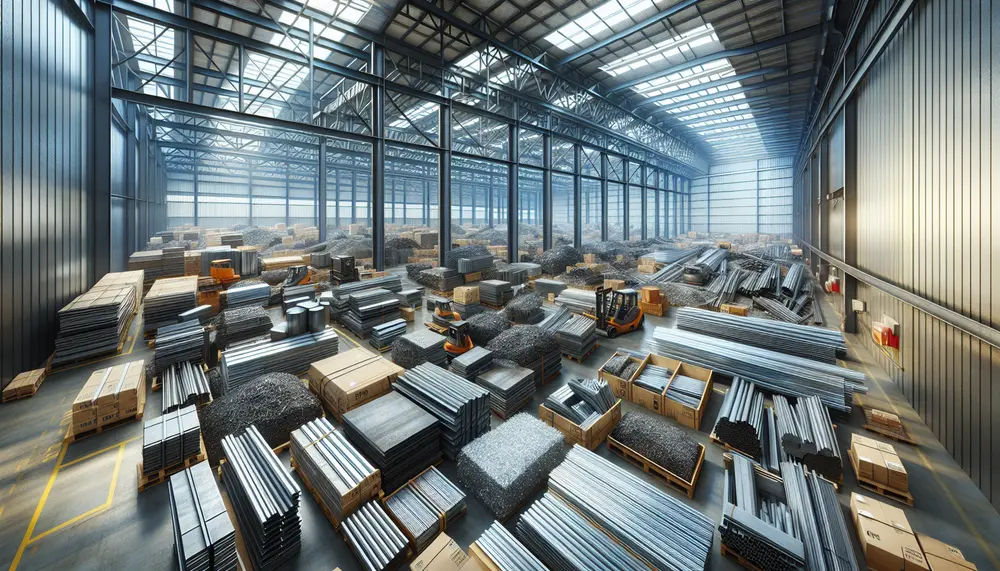
Used steel products hold significant value due to their recyclability and energy savings when repurposed, with the industry recognizing this potential for economic and environmental benefits. The lifecycle of steel demonstrates its durability and endless recyclability, emphasizing the importance of...
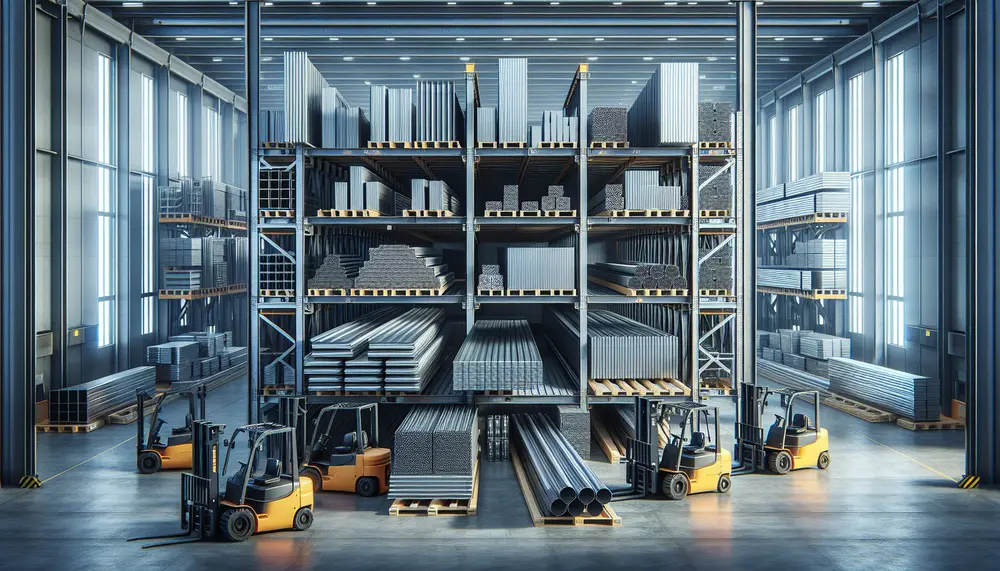
The UAE's steel industry is a key economic sector, leveraging advanced technology and sustainable practices to support diverse industries. Steel distributors in the UAE play an essential role by optimizing supply chains, providing technical support, and ensuring efficient delivery of...

